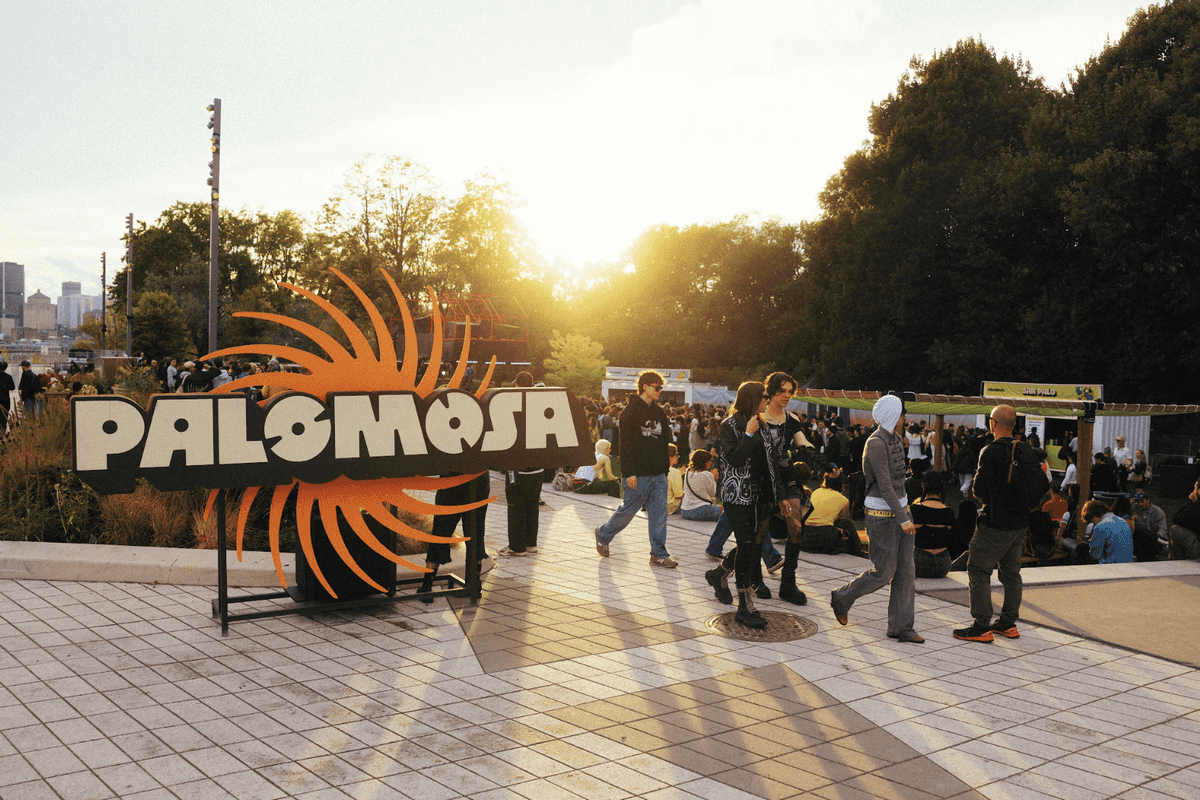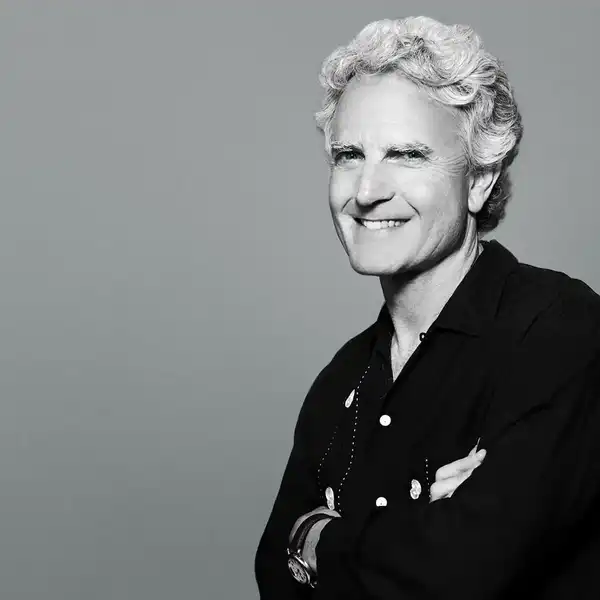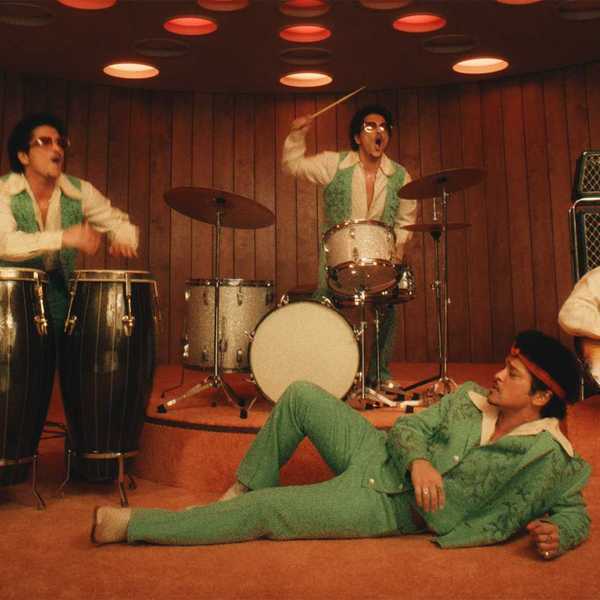NMC's Andrew Mosker Explains 'Music Cities'
The first Canadian and 10th global edition of the Music Cities Convention took place mid-February online, featuring more than 50 international

By Karen Bliss
The first Canadian and 10th global edition of the Music Cities Convention took place mid-February online, featuring more than 50 international speakers from over 30 countries for about 550 delegates and, surprise surprise, it wasn’t focused on Toronto or cities in Ontario. It was for the province of Alberta, population of 4.371 million.
“The Alberta Music Cities Convention was helping try to legitimize the role of which music can help diversify Alberta as a place,” says National Music Centre (NMC) president and CEO Andrew Mosker, who spearheaded the bid for the convention in the province known for its oil and gas industry.
“What is unique to Alberta is the do-it-yourself culture, which is somewhat true of all artists but in Alberta it’s unique because there never has been a lot of government support for the creative industry side of music, ever, in this province.”
During covid, however, the Alberta government did provide one-time funding to venues through the Stabilize Program. “It was first of its kind in the history of the province, where the government gave a specific grant to for-profit live venues,” says Mosker. “It’s by no means a significant amount of money, but a recognition that these venues matter in the province.”
The dates for Alberta Music Cities Convention had to be moved a few times because of the pandemic and was finally staged online, Feb. 10-11, live-streamed from Calgary and Edmonton, on a virtual platform that provided networking and interactive chat capabilities for the registrants.
Co-presented by Music Cities Events, West Anthem, NMC and Alberta Music, the convention — produced by Sound Diplomacy — is the “biggest global event exploring the use and importance of music in the development of cities all around the world.”
Besides the topics that one might expect, such as “From Monotowns To Music Cities: Diversifying Economies With Music and Culture” and “Developing Your Music Industry’s Support System,” there were panels tailored to the unique needs of Alberta: in particular “Creating Successful Winter Music Cities” and “Tech, Startups and Entrepreneurship: The Next Step For Music Cities?”
“We carefully designed a program that was more authentic to what was happening in Alberta,” Mosker says. “We tried to build on some existing movements and themes, some of which were highlighted in the eco-system report that was published last year: What’s the ecosystem like here? What are some of its strengths? What is unique to this area?”
In 2014, two years before the National Music Centre opened its door, Mosker hired then Music Canada vice-president Amy Terrill to write a report for the province of Alberta called Fertile Ground to bring awareness to the potential of music and the music business in Alberta.
“NMC was under construction here and a lot of people had questions about why is the National Music Centre in Calgary? What’s it going to do for us? What will it mean for Calgary, for Alberta, to Western Canada, for Canada?” explains Mosker. “Part of it was learning about what Ontario was doing vis à vis Music Cities and being inspired by it, quite frankly. So I grabbed some of that inspiration and brought it to Alberta.”
Mosker learned more about the Music Cities Convention, Music Tourism Convention and Sound Diplomacy, and co-founded the Alberta Music Cities Initiative (AMCI), as outlined in Fertile Ground, which was published by NMC and Scotlyn Foundation.
To further the conversation, Alberta Music Cities (now known as West Anthem) was created, spearheaded by Mosker, who hired Sound Diplomacy to write a music ecosystem study on the province. The 197-page West Anthem Alberta Eco Music System was released in October 2020, the heart of covid, and made recommendations about furthering Music Cities in Alberta and making It an internationally recognized music hub.
The panel From Monotowns To Music Cities: Diversifying Economies With Music and Culture speaks to its findings and is at the crux of what’s going on in Alberta right now, encouraging the intersection of tech and music.
“Here is this province that’s had this perception of primarily an oil and gas province and nothing else, to a lot of people, whereas if you do live here you realize the economy is heavily dependent on energy still, but there are a lot of other things happening here too,” says Mosker. “The idea that Alberta can really diversify its economy and invest more in music, that conversation could never have been had five years ago. Nobody paid any attention to it. Zero.
“That’s why we felt that bringing the Music Cities Convention to Alberta was very important to just try to open up people’s minds a little bit to the potential of music, economically, culturally, physically, as part of the revitalization of both downtowns, Edmonton and Calgary, which are both suffering right now. Music is at the table for the first time in those discussions.”
The next study will be comparing public funding support for the music sector.
The next confirmed Music Cities Events are:
Hamilton, Ontario: Music Cities Forum | Sept 7-8 2022
Cape Breton: Music Tourism Convention | Oct 5-7 2022
Tulsa, Oklahoma: Music Cities Convention | Nov 2-5 2022
Cleveland, Mississippi: Music Tourism Convention | April 11-14 2023















